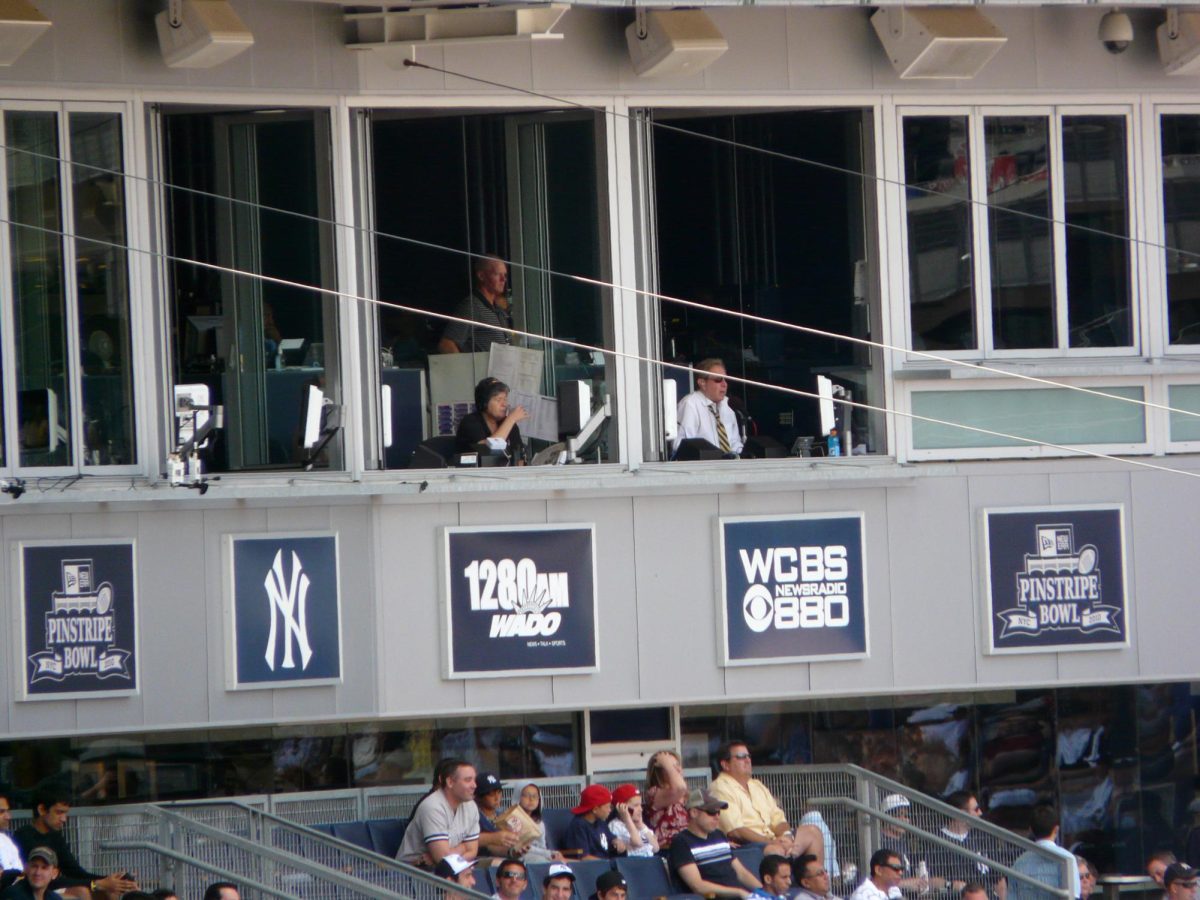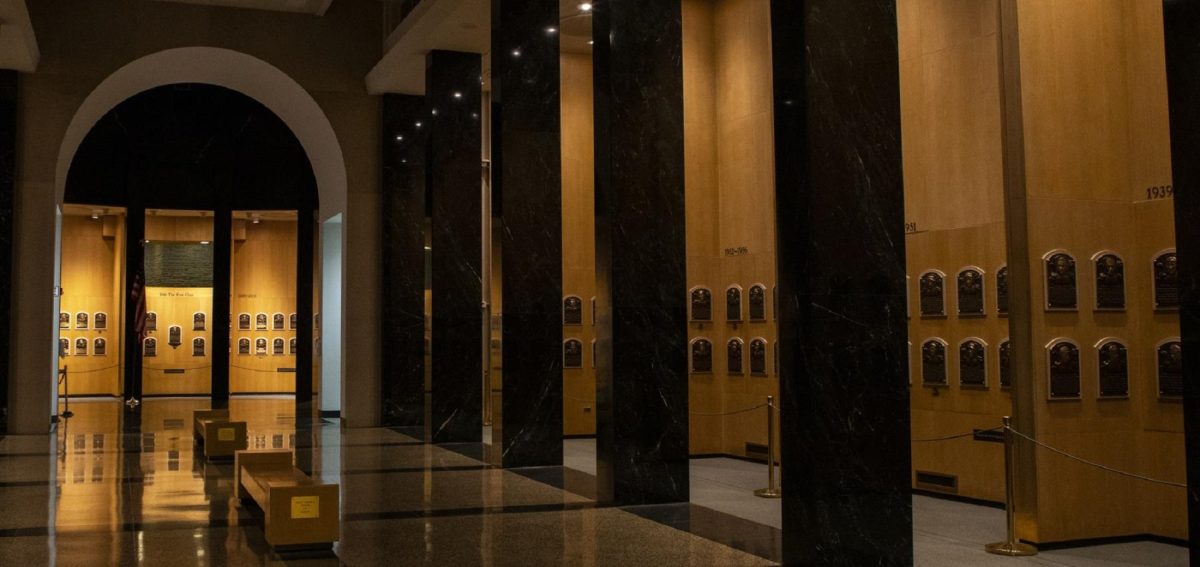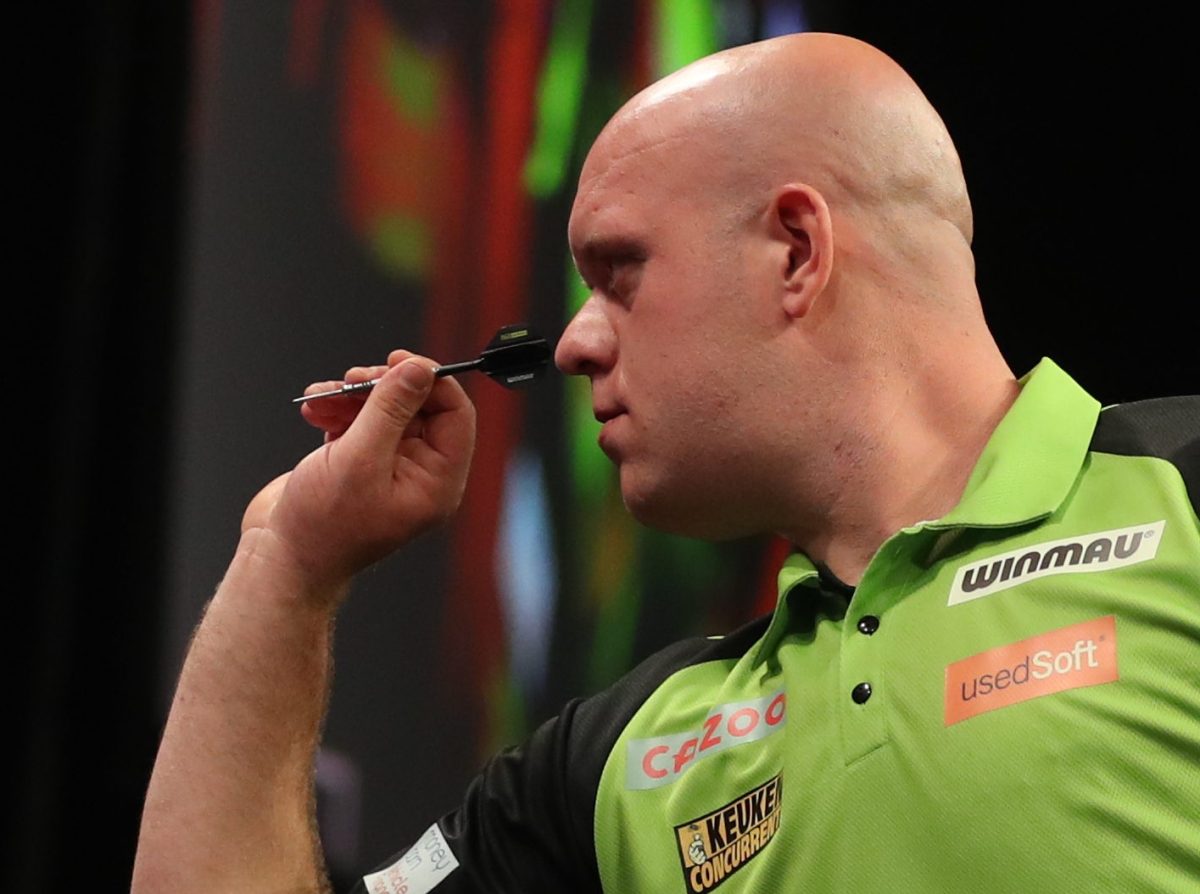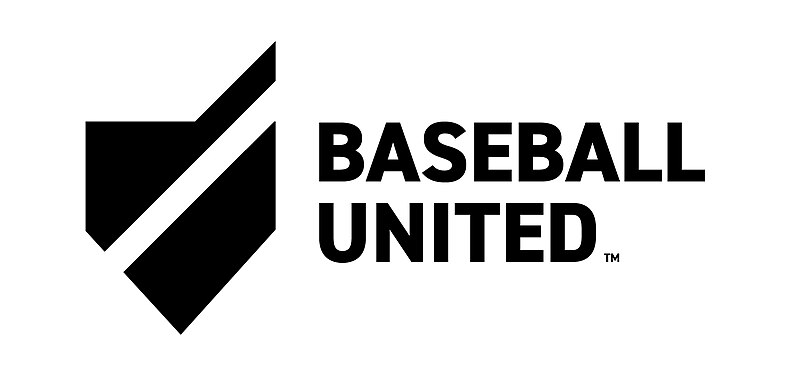It is virtually impossible to watch a Premier League match and avoid seeing the gambling advertisements that are so visibly featured on the front of nearly half of Premier League kits and plastered on advertising boards surrounding the pitch.The environment created by the presence of these advertisements, however, has contradicted the British Football Association’s tough stance on gambling among players.
Since the Premier League’s inception in 1992, companies have continued to pay increasingly more money to have their names featured on the breast of teams’ kits. In the beginning, beer and consumer electronics sponsorships ran rampant, with half of the team’s shirts sponsored by companies in those sectors in 1992. Beer and electronics companies continued to be a regular presence on the front of kits for the remainder of the 1990s before finally beginning to taper out in the beginning of the 2000s.
As the beer and electronics sponsors dwindled, the Premier League saw its first team sponsored by a gambling company when Betfair appeared on the front of Fulham’s uniforms in the 2002-2003 season. At the time, it seemed unconventional and tacky for a gambling company to be featured on the front of a kit, but now it is ubiquitous. Since 2002, the number of teams sponsored by gambling companies has steadily increased, until peaking in the 2016-17 season with half of the teams prominently featuring gambling companies on the front of their jerseys.
However, this advertising surge creates a moral quandary for the British Football Association. The FA has taken an anti-gambling stance, severely punishing footballers who are found to have bet on any Premier League games. Logically, this stance makes sense. Players should not be betting on games if they could have even the slightest chance of affecting its outcome.
The issue regarding gambling sponsorships came to light when Burnley midfielder Joey Barton was issued an 18-month ban by the FA for gambling allegations. He was never under any suspicion of match-fixing, but he did clearly break the rules set by the FA regarding gambling. He bet on matches that his team played in, sometimes betting on them to win, and sometimes betting on them to lose.
It is, however, important to note that each time he bet the team to lose, he never played a minute in any of those matches. Nevertheless, the FA correctly came down hard on him and issued him a ban.
Yet, after the ban was announced, Barton issued a long statement, highlighting some of the FA’s contradictions.
“Surely [the FA] needs to accept there is a huge clash between their rules and the culture that surrounds the modern game, where anyone who follows football on TV or in the stadia is bombarded by marketing, advertising and sponsorship by betting companies,” Barton said in an official statement.
Barton faulted the FA’s advertising campaigns as a fuel for gambling addictions among players.
“This is not an easy environment in which to try to stop gambling, or even to encourage people within the sport that betting is wrong,” Barton said. “It is like asking a recovering alcoholic to spend all his time in a pub or a brewery.”
Barton, a player who has long been known to have a severe gambling addiction and has provided the medical documents to prove it, raised some valid points in his statement. He accepted blame but also stressed the difficulty of working in an environment where gambling advertisements are pervasive. The temptations were everywhere, and for an addict like Barton, it was only a matter of time before he finally gave in.
His addiction certainly does not absolve Barton of his shortcomings, nor should it. But, it does certainly bring to light some serious inconsistencies in the FA’s gambling policies. If the FA hopes to eradicate gambling from the sport, it should be much more mindful of the advertisements they show and who they allow the clubs themselves to associate with.
There is precedent for this change, as in 2005 when cigarette firms were banned from sponsoring clubs with the basis for the ban being the fact that smoking is harmful.
It is also evident that gambling can cause extreme harm. In 2017 the Gambling Commission found there were over 430,000 problem gamblers in the United Kingdom. This number has only continued to rise. In fairness, the FA took a huge first step in distancing itself from gambling when it terminated an agreement with Ladbrokes, a British-based gambling company, at a loss of an estimated £12 million.
But until the FA completely bans gambling companies from being shown on the front of teams’ kits and on video boards surrounding the pitch, the gambling industry as a whole will continue to cast a dark shadow over British football.
The gambling sponsors must go.















